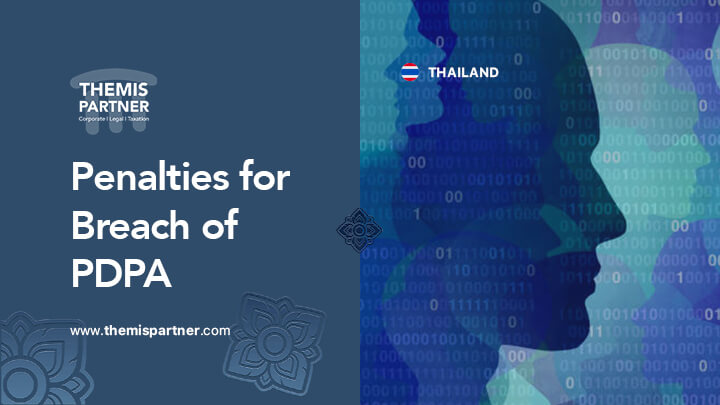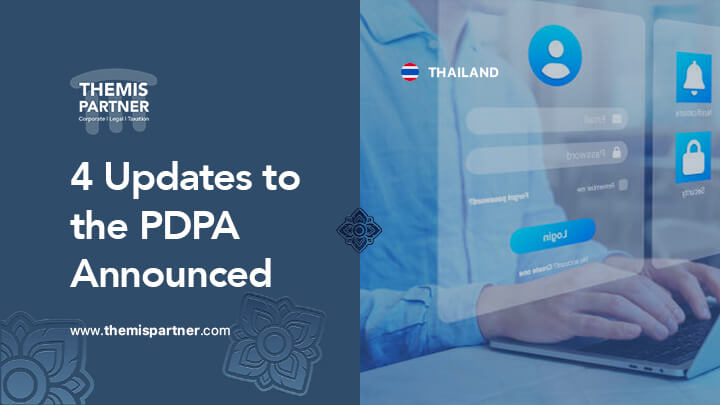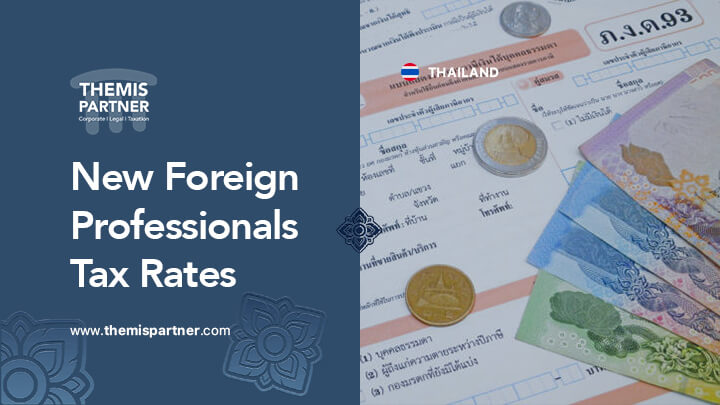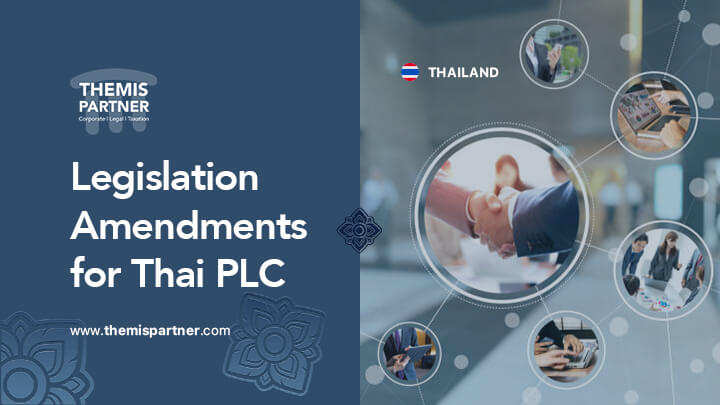Personal data under the PDPA law
On May 27, 2019, the PDPA (Act BE 2562), which is the equivalent of the RGPD for the European Union, is published. However, the latter will come into force from June 1, 2022. Both pieces of legislation aim to provide some degree of data protection for individuals’ personal data circulating on the Internet, without hindering the trade of such data. Companies have to comply with this act and adapt their website’s legal mentions.
ℹ️ Whether or not your organization is located in Thailand, you will be subject to the PDPA regime whenever you collect data from Thai residents.
It is necessary to define what personal data is. Section 6 of the PDPA provides a broad definition of personal data, which is any data that directly or indirectly identifies a person, such as first and last name, address and telephone number.
Additional protection of so-called sensitive data is envisaged by the same text. This includes data concerning the person’s state of health, sexual orientation, political and religious opinions, among others.

Requirements for compliance with the regulation on legal mentions
Some of the key elements and legal mentions that must be met to be in compliance with the PDPA proposal include:
| ➤ Have a "privacy policy" section containing the legal mentions of your website, detached from the "terms and conditions" section that uses relatively simple and clear language |
| ➤ Data owners must be informed of how their data will be processed (collected, used, disclosed to third parties) |
| ➤ The purposes for which the data will be used must be appropriate and discernible from an objective point of view, depending on the circumstances, and from a subjective point of view according to the reasonable person test |
| ➤ The request for consent must not be misleading or false |
| ➤ Consent must be express and not implied, e.g., the individual must click to validate their consent |
| ➤ The website must allow the individual to withdraw consent at any time |










